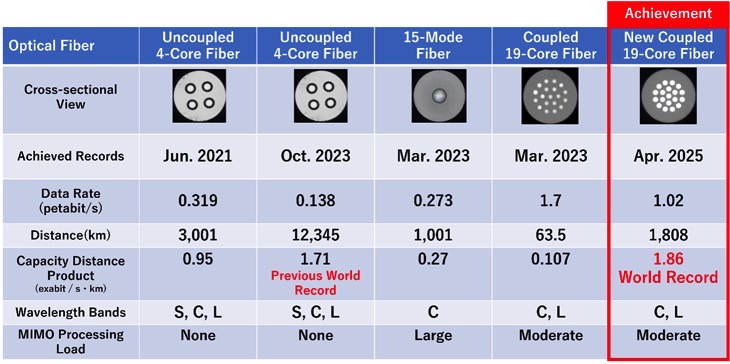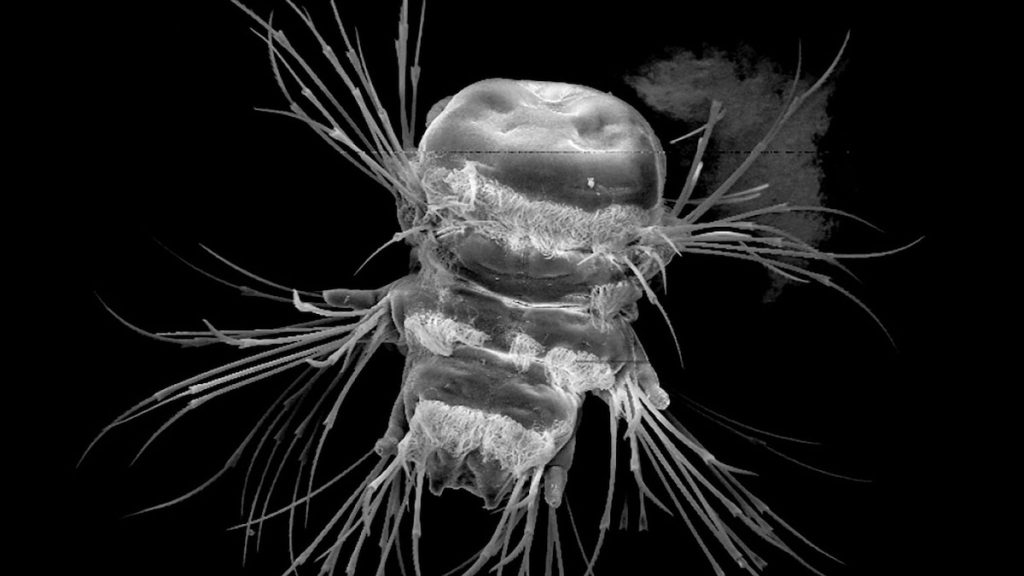Now Reading: Download all of Netflix in 1 second? Record-breaking new data connection can actually do it
-
01
Download all of Netflix in 1 second? Record-breaking new data connection can actually do it
Download all of Netflix in 1 second? Record-breaking new data connection can actually do it

Netflix lets you download TV shows and movies to play while you’re offline, but there are limits in place (100 active downloads per device). The app only lets you grab a specific number of episodes or movies, and they expire after a while. Also, the smartphone, tablet, or laptop you’re using comes with limited storage. Even without Netflix’s limits, you can’t use the entire disk capacity for movie downloads.
But say you or a friend of yours wants to download the entire Netflix catalog, and storage isn’t an issue. How long would that take? A crazy new innovation in internet data speed transfers out of Japan gives us a mind-bending answer: 1 second. That’s how long it would take to download all of Netflix over the new record-breaking connection, which reacheed 1.02 petabits per second over nearly 2,000km (over 1,100 miles) of optic fiber.
According to IFLScience, Netflix had about 18,000 titles as of mid-December 2023. Assuming a title needs 7GB of storage, you’d need 123TB of data for the entire Netflix catalog.
Record-breaking internet data transfer speed
An international team led by the Photonic Network Laboratory at the National Institute of Information and Communications Technology (NICT) in Japan created an optic fiber cable that contains 19 separate strands of fiber. Used together, the 19-core system allowed them to transfer data at 1.02 petabits per second. Turn the bits into bytes, and you get a transfer speed of around 125TB/s.
Tech. Entertainment. Science. Your inbox.
Sign up for the most interesting tech & entertainment news out there.
That’s enough to download the entire Netflix catalog in a second, assuming you had that much storage space at your disposal and that Netflix would actually let you download everything. On that note, it would take you a lot longer than 1 second to manually download all those titles, assuming no type of automation was involved.
Of course, once you initiate a hypothetical download over this new type of fiber optic cable, you’d have it immediately on your device, ready to play.
Why is it important?

Moving data at 1.02 petabits/s isn’t even the best data transfer speed for 19-core optic fiber cables. The researchers managed to hit 1.7 petabits/s in early 2023. The big difference here concerns the distance the data traveled in those experiments.






















